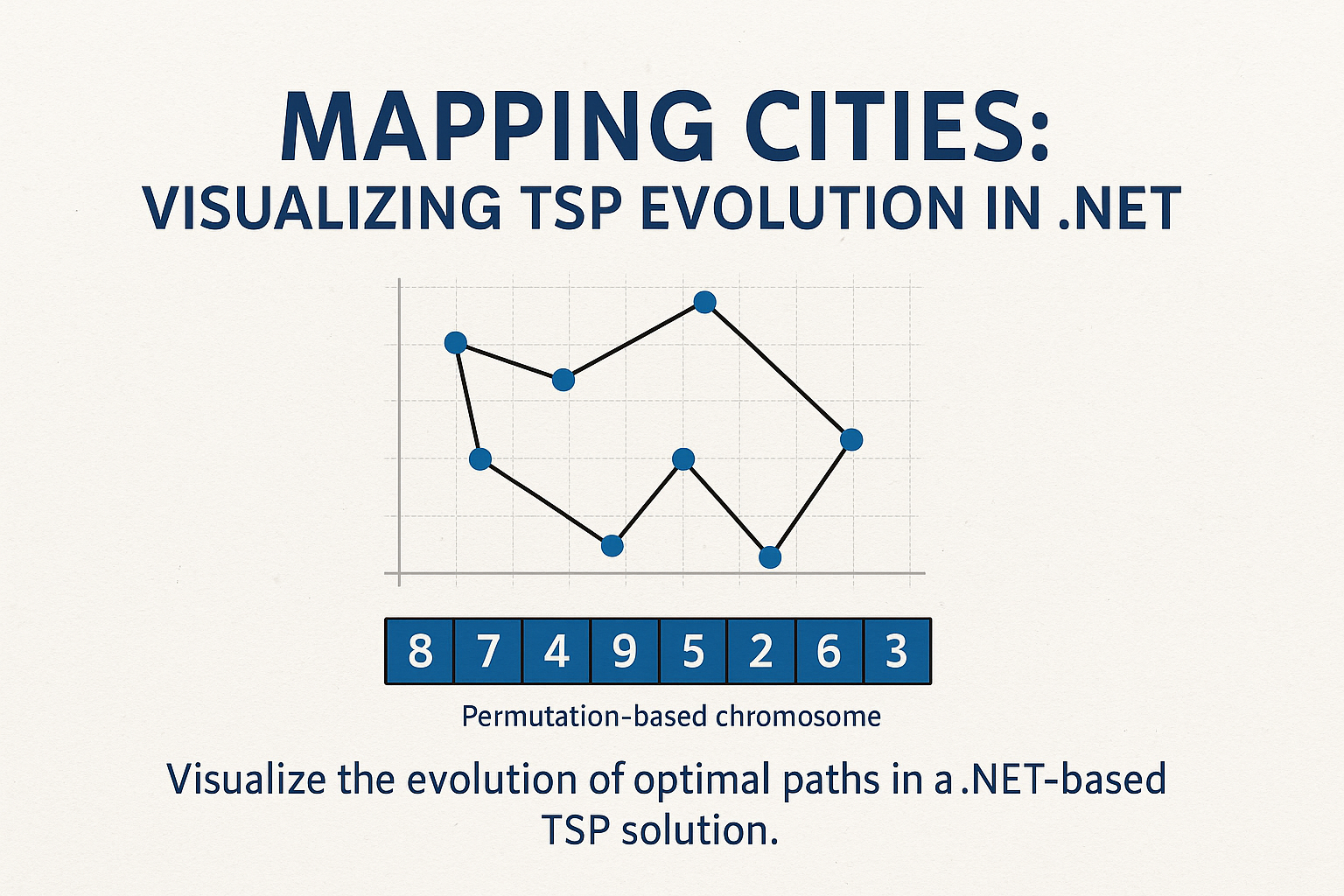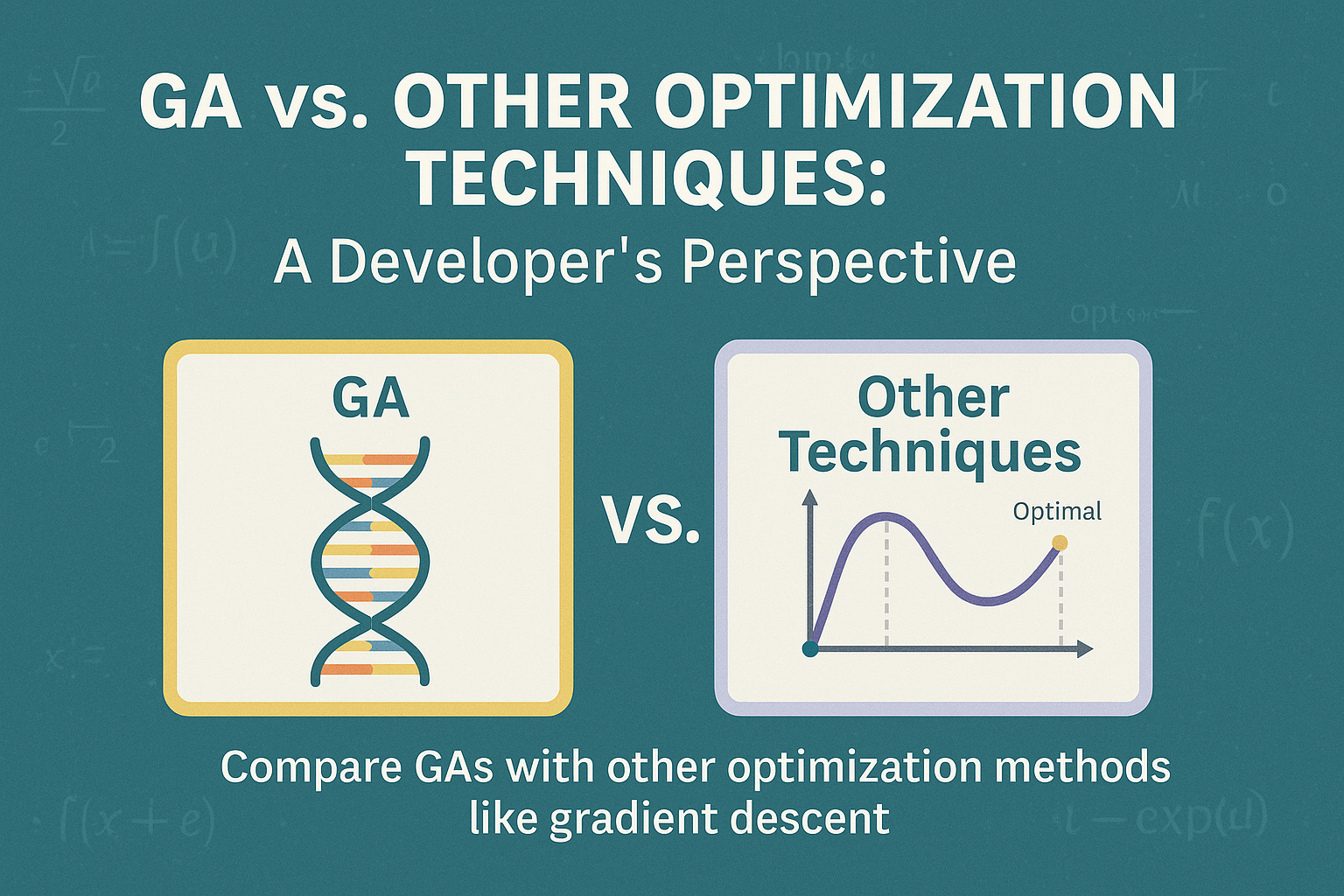
I asked ChatGPT how to overcome Imposter Syndrome.
- Chris Woodruff
- January 2, 2023
- Blog
- better me, imposter syndrome, personal
- 2 Comments
I suffer from Imposter Syndrome. I look at myself today and question if my voice is worth more than the great people in our community with great ideas and skills. I know I do have things to share, but I also, deep down, don’t know if they are worth enough that anyone would give a rat’s ass about them.
I am trying to be better, and for nothing else, than to get the ideas out of my head, I will post them here on my blog. So to help with that, I asked ChatGPT to share what Imposter Syndrome is and how to work to overcome it. It’s good advice for an AI. I should print it out and have it on the wall behind my monitors when I am working.
Imposter syndrome is a feeling of self-doubt and insecurity that can hold you back from reaching your full potential. It can be especially common for people who are successful or high-achievers, because they may feel like they are not qualified or deserving of their accomplishments.
Here are some tips for overcoming imposter syndrome and making yourself better:
- Acknowledge your accomplishments. It can be easy to dismiss your achievements as luck or to attribute them to someone else, but it’s important to recognize and own your successes. Take some time to reflect on your accomplishments and give yourself credit where it is due.
- Recognize that imposter syndrome is a common experience. Many people, even those who are highly successful, have felt like imposters at some point in their lives. Knowing that you are not alone can help you feel more confident and less like an imposter.
- Seek feedback from others. Ask trusted friends, colleagues, or mentors for honest feedback on your work and abilities. This can help you get a more objective perspective on your strengths and areas for improvement.
- Practice self-compassion. Be kind to yourself and give yourself permission to make mistakes. Remember that everyone makes mistakes and that it’s a natural part of learning and growing.
- Take action to improve yourself. Rather than dwelling on your insecurities, focus on taking action to improve yourself and your work. This can help you feel more confident and capable.
By following these tips, you can begin to overcome imposter syndrome and build self-confidence in your abilities.






Scott Morey
Great article, Chris. I appreciate your courage in sharing it.